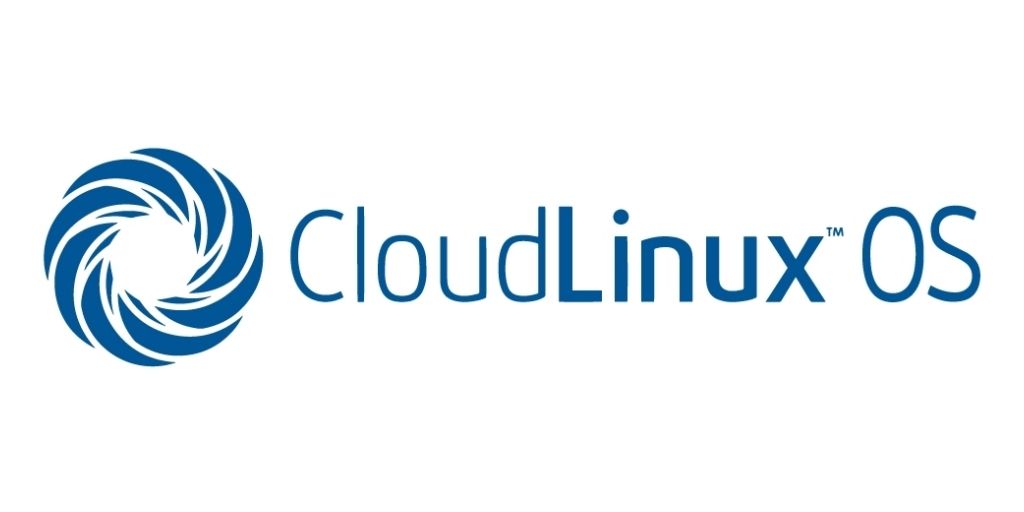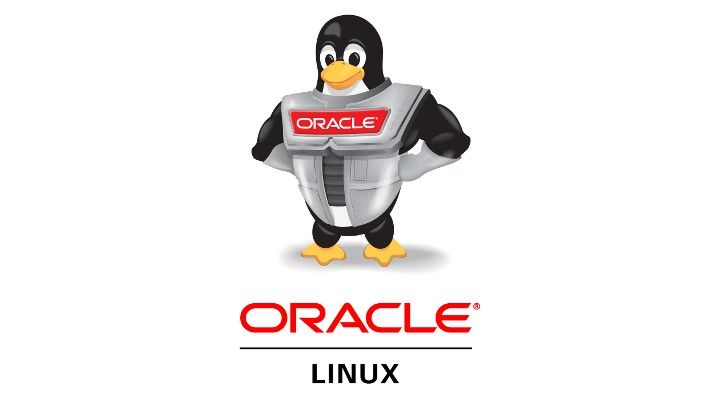What images generate in your head whenever someone mentions cloud computing? Like when you read this article's topic, for example?
Cloud Computing is defined as the delivery of on-demand computing services such as servers, storage, networking, databases, analytics, and software development platforms through a cloud services provider such as AWS, Microsoft Azure, Google Cloud, and many more via the internet on a pay as you use basis.
Basically, cloud computing is the practice of using remote servers hosted on a network to manage and process data instead of using a local server or the storage on your PC.
Today's article is not about what cloud computing is but about the best Linux distribution options there are for you to choose from. So, without further ado:
1. Cloud Linux OS
Cloud Linux OS is a distro created specifically to be used for cloud computing and thus, it is marketed to shared hosting providers. It features ultimate security for VPS, dedicated and shared servers, and given that it powers up to 20 million websites, it is tagged the #1 OS for web hosting. Cloud Linux is based on CentOS which is based on RHEL, so you can trust that it is reliably secure, scalable, and supports integration with various cloud services.

2. Amazon Linux
Amazon Linux is a Linux Image provided, supported, and maintained by Amazon Web Services for specific usage on Amazon Elastic Compute Cloud also known as Amazon EC2. It is designed for scalability and comes preinstalled with several tools to enhance your workflow and platform integration.

3. Red Hat Enterprise Linux Desktop
Red Hat Enterprise Linux, also referred to as RHEL, is a distro developed by Red Hat for commercial markets and is currently the world's leading provider of enterprise open source solutions. RHEL is so cool it has given rise to awesome distros in their own right including CentOS and Oracle Linux (based on CentOS). RHEL features military-grade security and is excellent for high-performance computing and works with containers, Kubernetes, and cloud technologies.

4. CentOS
CentOS is a Red Hat Enterprise Linux-based OS that provides enterprise-grade software and cloud computing support for free. It suits a wide variety of deployments and is completely compatible with RHEL. This community-driven distro enables you to self-host private clouds using its generic cloud-init enabled image, or use any of its several official images for Google, Amazon, etc.

5. SUSE Linux Enterprise Desktop
SUSE Enterprise Linux is targeted at servers in the business market. It is flexible and has support for almost any tool you might need. It also fixes a firewall around its applications using its smart AppArmor system and easily integrates with Novell GroupWise, Microsoft Exchange, and Microsoft Active Directory.

6. Oracle Linux - CentOS-based
Oracle Linux is a free enterprise-class RHEL-based distro developed, maintained, and distributed by Oracle for containers, virtualization, and computing technologies. Oracle Linux is scalable, secure, and optimized for hybrid cloud environments and is used to run billions of transactions every day on both cloud workloads and enterprise setups.

7. Ubuntu Server
Ubuntu, by Canonical, is a Debian-based Linux distro committed to the open-source philosophy and stands as the most popular Linux distro in the world. It was built for PCs, smartphones, and network servers so this list will not be complete without it. Ubuntu supports hundreds and hundreds of app stacks so you can't go wrong with it.

8. Talos Linux
Talos Linux is a secure and minimal Linux OS for Kubernetes clusters. The work of deploying and managing and running multiple clusters is made much easier compared to general methods and at the same time guarantees security and integrity. Looking to set up your Kubernetes (K8s) cluster then be sure to have a look at Talos Linux.

Conclusion
All these distros are popular for their reliable performance, security, customizability, and general ease of use and I bet you are familiar with at least 1 or 2 of the listed Operating Systems.
Are there other distros that deserve to be on the list? Share your experience with us in the comments section. If you enjoyed this article consider signing up for our newsletter and don't forget to share it with people that would find it useful.

